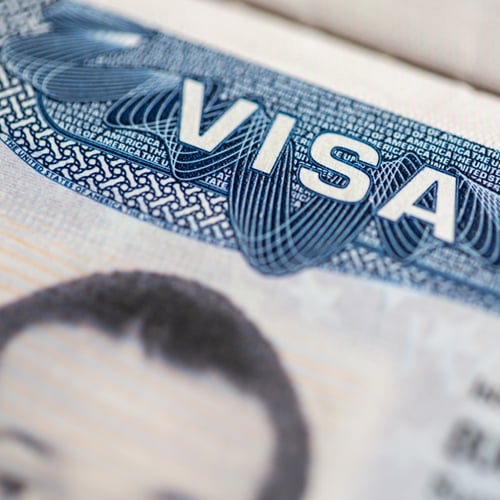US reportedly defines 'close family' ties that will exempt immigrants from travel ban

The U.S. State Department has reportedly adopted guidelines to define which immigrants are exempt from the revised ban on travel to the United States by people from six Muslim-majority countries.
The guidelines say immigrants with a “close family” or business tie to the United States will be allowed to enter, according to the Guardian and the New York Times. The stories are based on a cable sent to U.S. embassies and consulates that was obtained by the publications.
The U.S. Supreme Court on Monday partly lifted an injunction that had prevented the revised travel ban from taking effect. The revised travel ban bars people from six Muslim-majority countries from entering the United States for 90 days and imposes a 120-day ban on refugees. But court said the government can’t enforce the ban against those with “a credible claim of a bona fide relationship” with a person or entity in the United States.
The guidelines define close family as a parent (including an in-law), spouse, child (including an adult child), son- or daughter-in law, and sibling (including a stepsibling or half-sibling).
But close family does not include a grandparent, grandchild, aunt, uncle, niece, nephew, cousin, brother- or sister-in-law, or a fiancé / fianceé.
Also allowed to enter the United States are those who have a bona fide relationship with a U.S. entity that is “formal, documented, and formed in the ordinary course, rather than for the purpose of evading” the revised travel ban.
The revised travel ban and exemptions were set to be enforced beginning at 8 p.m. ET on Thursday.



